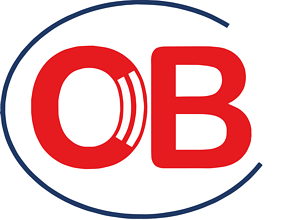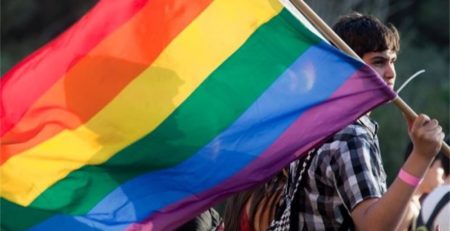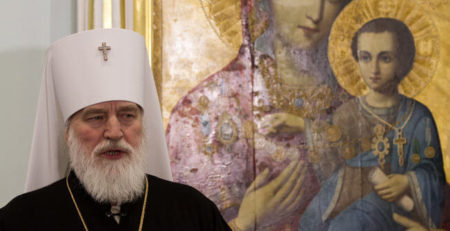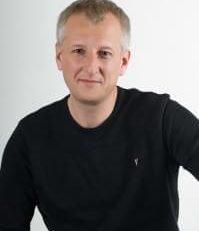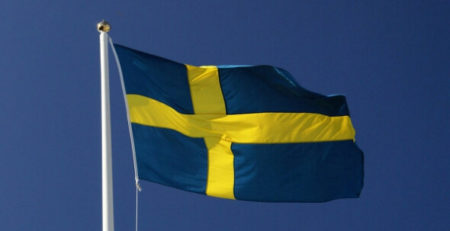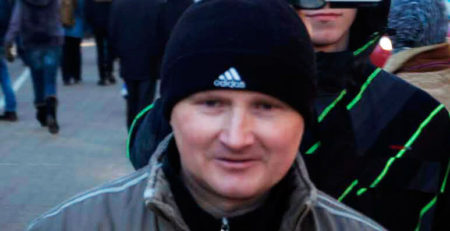Lukashenka refuses to release political prisoners
The traditional pre-election release of political prisoners in Belarus is not likely to happen this time. At least three people will remain behind bars until the end of their term, or may even receive extra punishment. They are: Mikalai Statkevich (former presidential candidate in the 2010 elections), civic activist Yuri Rubtsou, and a representative of anarchist movement, Artsem Prakapenka.
Mikalai Statkevich has been in custody since December 19th, 2010. He was sentenced to 6 years in a penal colony with a reinforced regime. During this time the politician received dozens of penalties for violating the colony rules. He was repeatedly sent to isolation wards (the conditions in which are considered to be the most difficult for physical and psychological health). Alyaksandr Lukashenka has stated several times that he would free Statkevich, if he asked for a pardon.
However, on April 9th, a meeting of a special commission which addressed the issue of strengthening Statkevich’s conditions of imprisonment took place. Soon there will be a trial that will examine the question of the transfer of the political prisoner from the colony to a prison until the end of his term.
The second political prisoner, Artsem Prakapenka, (he was accused of an attack on a KGB building and was sentenced to 7 years in 2011), wrote a petition for a pardon to Lukashenka after numerous requests from his parents. On April 17th, after several months of review, his pardon was denied.
Yuri Rubtsou, best known for his protest through clothing (T-shirts with a signature “Lukashenka, go away”), was sentenced last fall to 1, 5 years of custodial restraint. Under this form of punishment, the convicted person has to perform jobs appointed by the state. Rubtsou, however, demanded to work for a salary, which would correspond to statements by Lukashenka on the average salary in the country. In addition, the activist made a tattoo calling for Lukashenka’s resignation (all his clothes with a similar appeal were regularly destroyed by the police).
Since April 6th, Rubtsou has been in a detention center, awaiting trial on the charges of avoiding work.
The conviction and the release of political prisoners in Belarus very often coincides with an election period. For example, before the parliamentary elections in 2008, the former presidential candidate Alyaksandr Kazulin, a young activist Andrei Kim, a representative of the entrepreneurs’ movement Syarhei Parsyukevich, and others, were released in an accelerated procedure, merely on the basis of a presidential pardon.
And vice versa. After an election often the same people who had been released were imprisoned again (for example, Paval Sevyarynets, Zmitser Dashkevich, Mikalai Autukhovich). According to human rights activists and politicians, these processes are accurately defined by the term “trade in political prisoners.” The release of the opponents of the regime usually coincided with the possibility to get new loans outside of Belarus and ease the pressure of international sanctions.
Recent developments, however, do not fit into the usual pattern of “Lukashenka- the EU” relations.
On the contrary, despite the new pressure on prisoners, Minsk receives European representatives every week.
In the recent few days Minsk has been visited by the European Commissioner Johannes Hahn, by directors of Ministries of Foreign Affairs of Poland, Germany, France, and the heads of analytical divisions of Ministries of Foreign Affairs of Visegrad countries. On April 21st, a special rapporteur of the Parliamentary Assembly of the Council of Europe Andrea Rigoni, announced the possibility of restoring a dialogue with Belarus.

